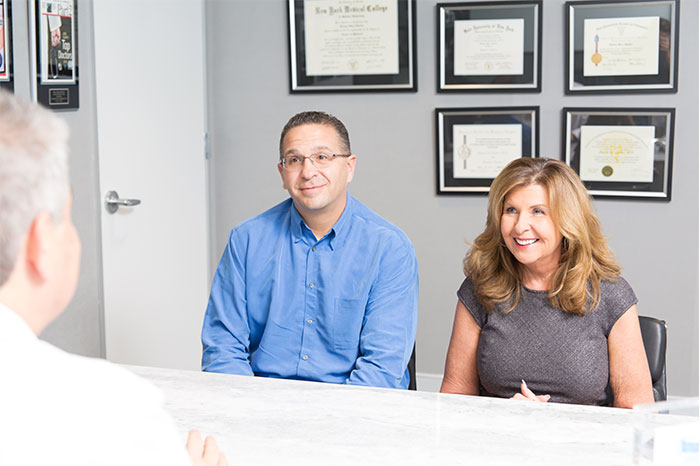If you’re overweight or obese, your risks for developing a chronic disease that could cut your life short are probably greater than risks associated with Laparoscopic Sleeve Gastrectomy. Any surgery comes with some risk such as infection, internal bleeding, or damage to internal organs during the procedure. Fortunately, these types of complications are rare. However, a recent study found some specific risks associated with Laparoscopic Sleeve Gastrectomy you should be aware of.
Leaking along staple line – When the large section of the stomach is removed, the smaller portion is sealed with surgical staples. There’s a 1.7 percent chance that a leak could develop along the staple line. If your stomach develops a leak after surgery, you’ll need to see your surgeon again to close the seal.
Internal bleeding – A number of factors during surgery can lead to internal bleeding that requires immediate medical attention. There’s a 5 percent chance that internal bleeding may occur during surgery and require a blood transfusion to treat the problem.
Abdominal wall abscess – Less than 1 percent of patients develop an abscess on the stomach or abdominal wall after surgery. It’s rare, but it does happen, typical treatment includes draining the abscess with a syringe and treating the infection with antibiotics.
Acid Reflux Disease – Formally known as gastroesophageal reflux, this condition may be one of the more recognized risks associated with Laparoscopic Sleeve Gastrectomy surgery. Research shows that there’s a 14.6 percent chance you could develop acid reflux disease after surgery. Fortunately, changes to your diet and over-the-counter and prescription medicine can treat the problem.

